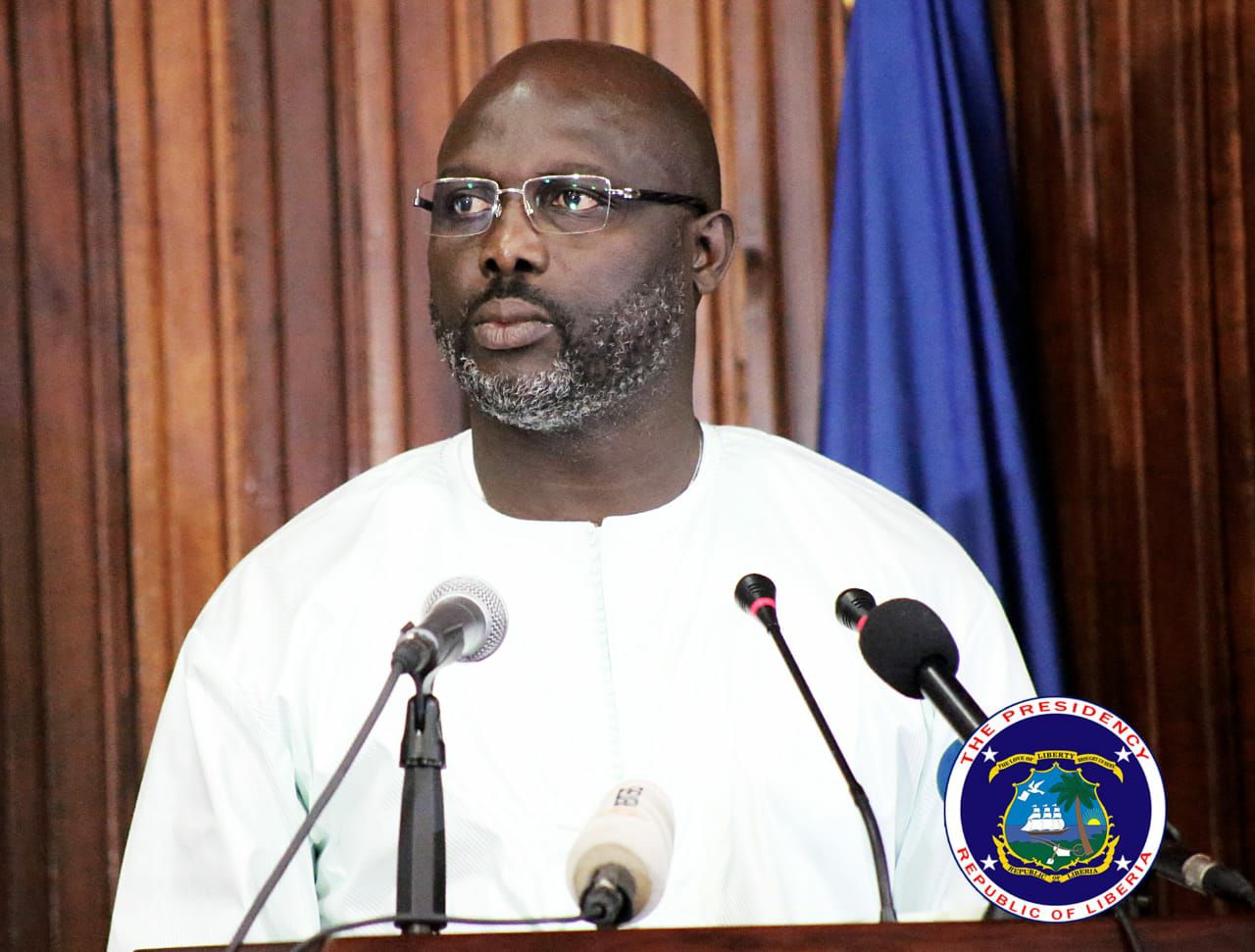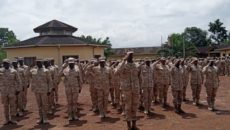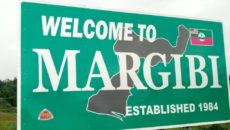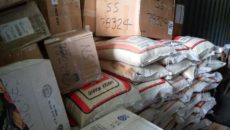MONROVIA, Montserrado – Minutes following President George Weah’s highly anticipated speech on the state of the economy, the chairpersons of three collaborating opposition political parties have described the speech as “poorly written.â€
The chairpersons, Sen. Stephen Zargo of Liberty Party, Horatio Gould of the Alternative National Congress, and Wilmot J. Paye of the Unity Party issued a joint press statement on Monday, July 16 criticizing the president’s speech.
“Sadly, and quite disappointingly, the speech itself was not only poorly written; it was poorly delivered,†the joint press statement read.
According to the three parties, Weah’s speech failed on several fronts and did not address the lingering issues confronting the country.
First, the three chairpersons said the president was not honest when he announced to the country that when he took office, the foreign reserve was at an all-time low. “That is untrue,†the statement read.
The opposition parties explained that the 2017 Annual Report of the Central Bank of Liberia stated that Liberia’s gross international reserves position at the end of December 2017 was US$517 million.
“The president simply decided not to say the truth and play in the same blame game he was speaking against,†the chairpersons noted in their statement.
On Monday, Weah had said that the government would infuse US$25 million into the economy to “mop up excess Liberian dollar liquidity,†but the three parties said while they see the action as a good step, it would be a short-term solution to the demand for the U.S. dollar.
The parties noted that rising prices stemming from the depreciation of the Liberian dollars against the U.S. dollars did not begin just days ago.
“Using the official CBL rates since Weah’s was inaugurated, the Liberian dollar has depreciated by 29 dollars, thus incentivizing rise in prices and increasing the suffering of the people,†they noted.
“While we do not intend to fault the current government for the collective woes, we believe they are insensitive and seem to have a shallow understanding regarding pathways to move ahead.â€
They noted that the most important policy instrument available to the government – the budget – should have communicated any program or policy measure that needs to be adopted.
“The budget was formulated, and no policy measures were taken to begin arresting the situation,†the opposition parties said.
The parties recalled that during the transitional discussions, the incoming leadership was adequately informed about the economic affairs of the country and received lengthy write-ups that contained the necessary details.
The parties said the uncertainty associated with the outcome of the 2017 election alone took its toll on the economy. They said speculations were rife and the private sector acted cautiously, thus slowing economic activities in the country. All this, unfortunately, coincided with the withdrawal of UNMIL and other structural issues like the balance of payment, terms of trade, inflation, and political stability.
Unfortunately, the parties maintained that the government failed to consider such in its spending plans. They noted that in the recast budget of 2017-2018, the government expanded the wage bill from US$296 million under the last government to US$308 million.
The parties further said that Weah started spending on unnecessary items such as chartered jets as opposed to buying business class tickets and giving US$500,000 to the office of the first lady, among several other missteps.
“The government actually planned for deficit financing,†the parties said.
The parties referenced the 2018/2019 draft budget and said the government borrowed US$20 million from the Central Bank to pay for programs they could not afford to pay for, which they said demonstrates financial indiscipline.
“This can only be termed as financial recklessness,†they said.
“We, therefore, recommend that the Economic Management Team of the government advise the president to convene an emergency forum of economists and policy analysts to help the government to proffer immediate steps to save the Liberian dollar.â€
The political parties recommended a policy of currency rationing, adding that the government should push for only importing priority commodities, thus reducing the demand for the U.S. dollars.
Indirectly, the parties said the government should also be stimulating activities of the domestic private sector and creating employment.
The three collaborating political parties have asked the government to announce a foreign currency surrender program that mandates businesses to save at least 50 percent of their funds with commercial banks.
Doing so, they said will reduce speculation and restore confidence to the banking sector.
Finally, the parties called on the government to unconditionally make a fair adjustment to the personal income tax table to bail out real income resulting from the depreciation of the Liberian dollars.
“Such will give the people at the foot of the income ladder that leverage to have value for their salary,†the parties said.
Editor’s note: A previous version of this article incorrectly stated that US$500 million was given to the office of the first lady. That has been corrected to US$500,000. Featured photo by Executive Mansion



